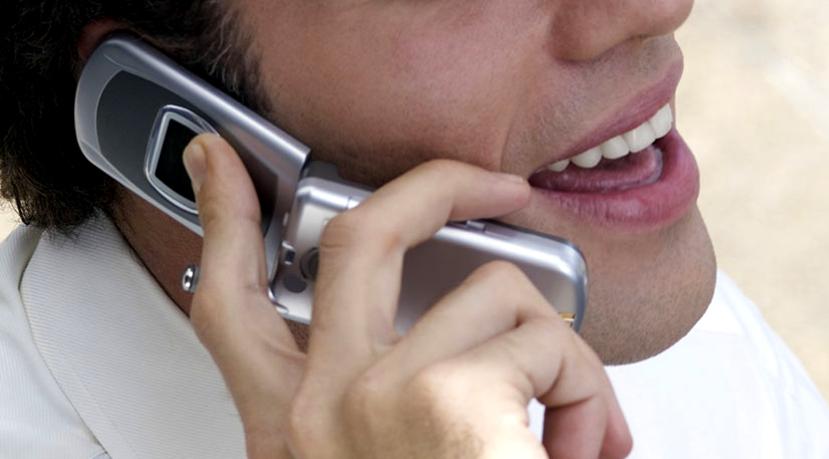
Speaking endlessly on your cellphone can lead to an allergic reaction, warns a leading pharmaceutical company, specialising in allergy treatments.
Mariska Fouche, spokesperson for Pharma Dynamics says the company’s allergy helpline has fielded dozens of calls in recent months from members of the public enquiring about whether their cellphones are to blame for the itchy, red bumps and blisters along their jaws, cheeks and ears.
“While it is often referred to as a cellphone allergy, it is actually a nickel allergy,” remarks Fouche. “If you consider that the average cellphone user makes or receives an average of 22 phone calls a day and checks their phone every six and a half minutes , the prolonged exposure to nickel – a metal which is often used in cellphone buttons, headsets and LCD screen frames – can be the likely cause of the allergy.
“Nickel is one of the most common contact allergens. Even though there aren’t any statistics available for South Africa, experts suggest that figures are comparable with that of the UK, where 1 in 10 people suffer from a nickel allergy. Worldwide there has been an increase in the number of cellphone or rather nickel allergies reported, particularly among teenagers, who can easily spend half the day on their phones, texting, talking, checking Facebook, playing games and listening to music.
“Some might only get a small rash, which goes almost unnoticed, so it is likely that the increase in cellphone allergies are much higher than is actually being reported,” she says.
Usually the contact with other objects containing nickel, such as keys and coins are brief, so the allergy may not become immediately apparent. The risk, however, is increased by frequent and prolonged contact with nickel-containing items such as cellphones and jewellery for example.
Fouche notes that women are more likely than men to develop the allergy, because they were possibly sensitised earlier in life when they had their ears pierced, which can introduce nickel into the bloodstream.
“When the ear is pierced, an earring stud is left in the ear to keep the hole open until the skin around it heals. Since the piercing is an open wound, the nickel salts are able to enter the bloodstream and break down the body’s natural resistance.
“The reason why so many people are susceptible to nickel allergies is because the metal dissolves in moisture, forming salts. For example, when someone sweats while speaking on their nickel-containing-cellphone, salts form and the skin becomes inflamed. Nickel is a strong irritant and repeated contact with it can weaken the body’s resistance,” she says.
An allergic reaction to metals can be a highly irritating and even painful experience. Symptoms range from redness, itching, swelling, blistering, skin lesions to eczema and sometimes oozing or scarring may also occur. To alleviate symptoms ask your doctor or pharmacist for the most appropriate treatment which may include an oral antihistamine or cortisone cream.
For frequent cellphone users suffering from a nickel allergy, Fouche suggests:
• Using a wireless ear piece
• Setting your phone to speakerphone
• Putting a phone cover and clear film screen on the device
• Switching to a phone that doesn’t contain metal on surfaces that are likely to make contact with your skin, such as an iPhone or Android phones.
For more information about allergies, phone 0860 PHARMA (742 762) or log on to www.allergyexpert.co.za.
Gansbaai Courant provides the Gansbaai community with the latest in news and interesting stories about and around the area.
View Profile
What is Xplorio?
Xplorio is your local connection allowing you to find anything and everything about a town.
Read More












